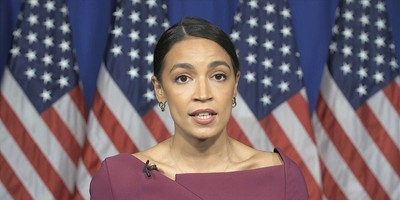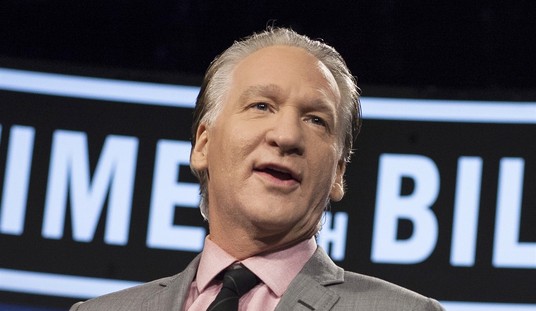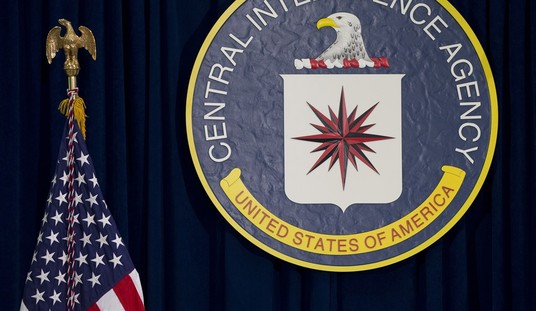Like the monster in a grade Z horror movie, the so-called “public option” is rising from the dead yet again.
The controversial proposal to set up a government-run insurance program that would “compete” with private insurance plans was dropped from the health care bill that was passed in March when it became clear that it lacked both public and congressional support.
But liberals, who see the public option as the first step toward their goal of a single-payer government health care system, never truly abandoned the idea. Now, with the ink barely dry on the new health care law, 128 House Democrats have sponsored legislation to revive the public option. Meanwhile, Senate Majority Leader Harry Reid of Nevada, speaking at the annual convention of the left-wing organizing group, NetRoots Nation, promised support in the Senate as well “We’re going to have a public option,” he told the group. “It’s just a question of when.”
While arguments for a public option are couched in harmless words like “choice” and “competition,” there is no realistic way that private insurance can compete fairly with the federal government, not because the government is more efficient (the people who brought you the gulf oil cleanup in charge of health care?), but because the government plan would ultimately be subsidized by taxpayers. It could, for instance, keep its premiums artificially low or offer extra benefits, then turn to the U.S. Treasury to cover any shortfalls. Consumers would naturally be attracted to the lower-cost, higher-benefit government program. Businesses in particular would have every incentive to dump their current insurance and force their workers into the public option.
A government program would also have an advantage because its tremendous market presence would allow it to impose much lower reimbursement rates on doctors and hospitals. Government plans such as Medicare and Medicaid traditionally reimburse providers at rates considerably below those of private insurance. Providers recoup the lost income by raising prices for those with private insurance. It is estimated that privately insured patients pay $89 billion annually in additional insurance costs because of cost-shifting from government programs. If the new public option would have similar reimbursement policies, it would result in additional cost-shifting, forcing private insurers to raise their premiums still further.
Recommended

As if that wasn’t enough, the new insurance regulations included in the new health care law—bans on medical underwriting for preexisting conditions, an end to lifetime benefit caps, limits on co-payments and deductibles— are certain to drive up premiums for private plans even more. In fact, advocates of the public option are counting on rising premiums to help make their case. Health insurance reform becomes a self-fulfilling prophecy. It makes private insurance more costly, and therefore makes the government’s plan the only affordable alternative.
It is unlikely that any significant private insurance market could continue to exist under such circumstances. America would be firmly on the road to a single-payer health care system with all the dangers that presents.
During the health care debate, Rep. Jan Schakowsky (D-Ill.) told the story of how a representative of the insurance company argued against the public health insurance option by warning that it would put the private insurance industry out of business and lead to single-payer. Schakowsky proudly told the crowd, “My single-payer friends, he was right. The man was right.”
And Rep. Barney Frank (D-Mass.) told an activist group, “If we get a good public option it could lead to single payer and that is the best way to reach single payer.”
That should serve as a reminder that as problematic as the new health care law is, it could have been far worse for American businesses, taxpayers, doctors, and patients. Now it appears that Harry Reid and at least 128 congressmen are preparing to do so.

























Join the conversation as a VIP Member